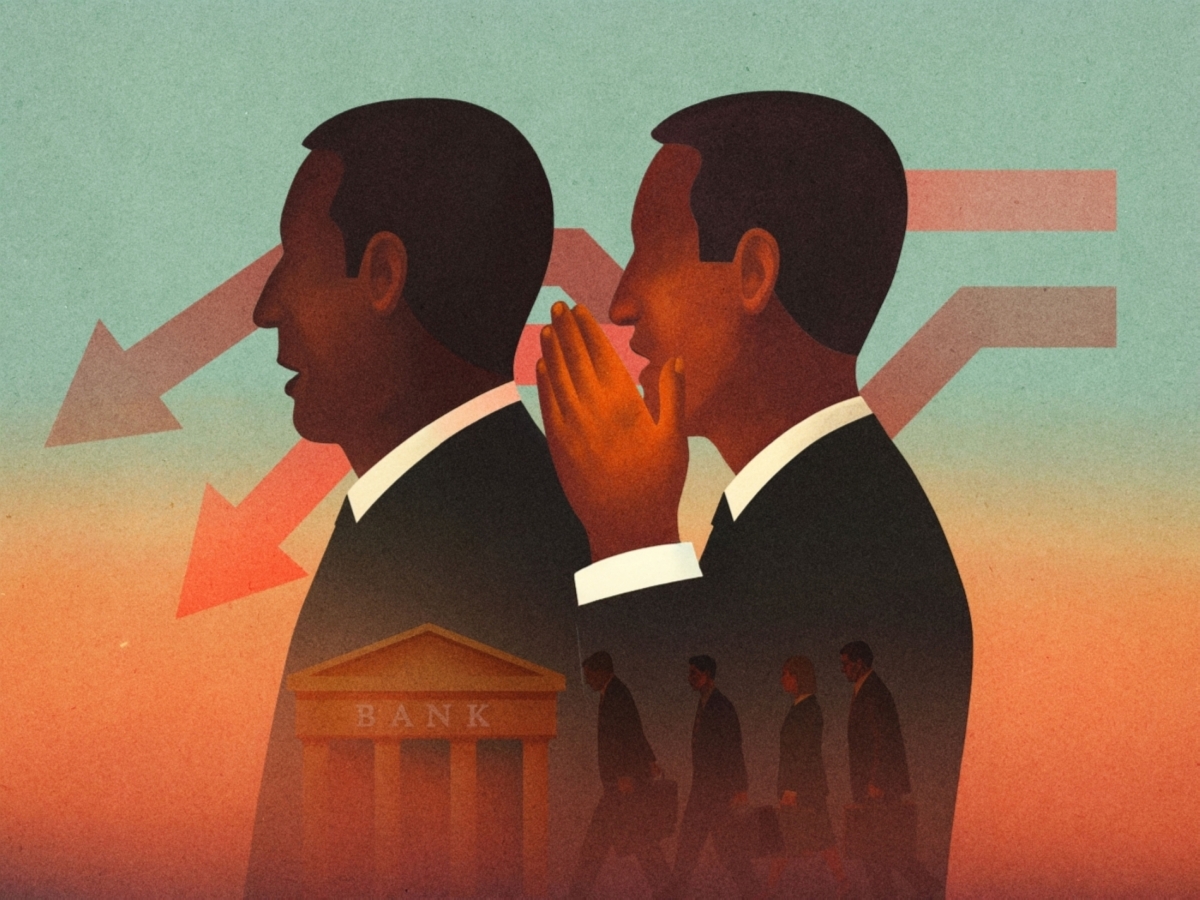Have you heard that the International Monetary Fund has cancelled all loans to Egypt and that the Egyptian government now plans to sell the Suez Canal for $1tn? No? Then perhaps you also missed news that the country’s public hospitals are to be privatised, that German firm Siemens Energy is withdrawing from operating Egypt’s major power plants, or that there are plans to evacuate Saint Catherine’s Monastery.
None of this is true, of course, but that does not mean millions haven't been told it is. These are just some of the many examples of falsehoods and rumours that gain widespread traction online, where they are weaponised to manipulate, destabilise, and hurt economies. An element of fifth-generation warfare, these economic lies hit financial markets, stock exchanges, and investor confidence. They are particularly effective in countries with poor transparency and limited access to accurate information.
The impact extends far beyond isolated transactions or local disturbances. According to analytics platform Demand Sage, about 62% of online content is false, with an estimated $78bn in losses throughout the global economy annually. Fake economic news can drive markets over cliffs, fuel volatility, affect consumer choices, distort the real estate sector, and artificially inflate prices, all of which destabilise a country’s investment climate, hinder growth, and trigger capital flight.
This has a compounding effect on currency markets. Ultimately, international financial institutions (like the IMF) may become increasingly reluctant to engage with the countries concerned, as viral misinformation threatens the pursuit of a state’s developmental goals. In countries with high inflation, high unemployment, or those recovering from war or conflict, false rumours can spread more easily.
A growing problem
Egypt is a frequent target, but it is far from alone. Those disseminating these mistruths exploit the country’s relative economic fragility. Cairo has said economic rumours amount to a crime and stressed the need to verify information with official sources before pushing unsubstantiated claims that provoke anxiety and distort public perception. A 2024 report by the Cabinet’s Media Centre also revealed the sectors most affected, such as healthcare and banking.
If found that the number of economy-related rumours nearly tripled between 2020-24 compared to 2015-19 (roughly ‘before’ the pandemic and ‘after’). Furthermore, it is still increasing, up from 18.3% in 2021 to 54% last year. Recent rumour targets include Egypt’s huge Ras El-Hikma development project on its Mediterranean coast, which has attracted billions of dollars from Gulf investors.

Muslim Brotherhood hand?
Analysts wonder whether banned groups such as the Muslim Brotherhood may have a hand in the dissemination, which—in Egypt's case—appears aimed at undermining confidence in the economy. In this context, fabricated or distorted reports insinuating liquidity crises and defaults could aim to prompt a run on the banks. Beyond the short-term instability, Egypt's reputation among foreign investors and lenders is at stake.
Economists say falsehoods can intensify crises by raising financing costs, inflating public debt, destabilising currency values, and driving up inflation. Collectively, these effects contribute to a decline in foreign direct investment (FDI) and per capita GDP, while negatively affecting international credit ratings. Rumours can "confuse decision-makers," said one, adding that they also leave the public misinformed.
For some, the answer is to set up rapid-response units to monitor and correct economic lies. Ambassador Salah Halima, former Assistant Foreign Minister, highlighted "the need to counter rumours from the outset by providing precise, evidence-based data to prevent the emergence of exploitable gaps".
This works. During Europe's debt crisis, Germany responded to rumours about the fragility of its major banks by releasing official data to reassure the markets. Likewise, during the pandemic, Singapore addressed rumours of food shortages by publishing data on its strategic grain reserves.











